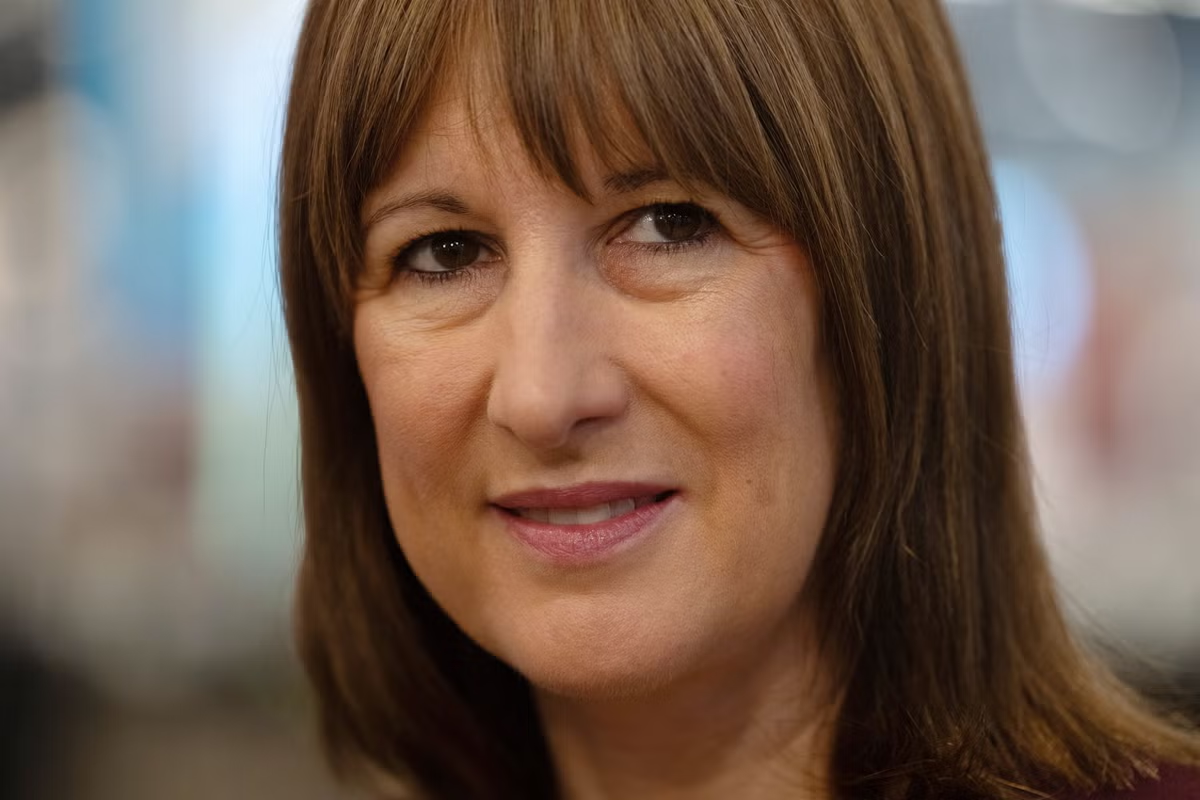Business backlash as Reeves confirms pay rise for millions of workers

Sign up to our free Brexit newsletter for our analysis of the continuing impact of Brexit on the UK
Sign up to our free newsletter for the latest analysis on Brexit’s impact
Sign up to our free newsletter for the latest analysis on Brexit’s impact
Business leaders have sent a warning to Rachel Reeves over an inflation-busting hike to the minimum wage which they fear will drive unemployment and hit economic growth.
The chancellor has unveiled an 8.5 per cent rise in the hourly minimum wage for 18 to 20-year-olds – to £10.85 – as well as a 4.1 per cent rise for the living wage, for those aged 21 and over, to £12.71 per hour. Meanwhile, 16 and 17-year-olds, as well as those on apprenticeships, will see an increase of 6 per cent to £8 per hour.
The announcement, on the eve of Ms Reeves’ Budget, will mean a pay rise for millions of workers, with the chancellor promising that those on low incomes will be “properly rewarded” for their work.
But it comes just 24 hours after revelations that growth projections in the UK are set to be downgraded by the Office of Budget Responsibility until 2029 and after business leaders warned that tax rises, hikes in the minimum wage and new employment rights legislation was making it impossible for them to deliver economic growth for the country.
open image in gallery
The Chancellor Rachel Reeves (Leon Neal/PA) (PA Wire)
There is still anger over the rise in employer national insurance contributions, unveiled in Ms Reeves’ Budget last year, which has hit the jobs market.
Reacting to the minimum wage rise, Anna Leach, chief economist at the Institute of Directors, warned the move would increase joblessness among young people.
She said: “These changes benefit only those who remain employed, but the rising cost and risk of employment are already reducing job opportunities.
“The sharper increase in the youth rate is especially concerning, as it is likely to accelerate the loss of jobs among young people – at a time when nearly a million are already not in education, employment, or training.”
The number of so-called NEETs (young people not in employment, education or training) has risen to almost 1 million, latest figures show.
Matthew Percival, CBI director of work and skills, said “hard-pressed firms” were already “diverting investment away from innovation, training and job creation – the very things we need to boost the productivity growth that underpins sustainable wage increases”.
open image in gallery
CBI boss Rain Newton-Smith delivers a speech in central London criticising the government’s approach to business (Yui Mok/PA) (PA Wire)
He added: “We must ensure that these measures avoid undermining both economic growth and vital labour market initiatives like the Youth Guarantee.”
Unveiling the policy, the chancellor said that the cost of living is still “the number one issue for working people”. She claimed that the rise will boost the pay packets of around 2.7 million workers, meaning an increase in pay of £900 a year for those aged over 21.
She said: “The economy isn’t working well enough for those on the lowest incomes. Too many people are still struggling to make ends meet, and that has to change.
“These changes are going to benefit many young people across our country, getting their first job.”
Trade unions welcomed the move. Paul Nowak, general secretary of TUC, said the pay rise would make a “real difference to the lowest-paid” while Youth Employment UK said it was a “vital and necessary step in the government’s ongoing journey to make work pay for everyone”.
But Tina McKenzie, policy chair of the Federation of Small Businesses (FSB), warned labour costs are among businesses’ three biggest barriers to growth.
She said: “With national insurance contributions rising, employment costs climbing and hiring becoming riskier, small employers are thinking twice about taking people on – and its young people who’ll miss out. Give businesses the capacity to hire and they will – it’s that simple.”
Kate Nicholls, chair of UKHospitality, said the increases to minimum wage rates were “yet another cost for hospitality businesses to balance at a time when they are already being taxed out”.
“These additional costs make action at the Budget to reduce hospitality’s tax burden even more important, especially if businesses are expected to sustain this level of annual wage increase.”
Announcing the rise, Ms Reeves insisted that she is supporting businesses while protecting jobs and the economy. “That’s why we’ve secured trade deals with the US, with the EU, and with India,” she said.
“It’s why we’re committed to economic stability. To help interest rates fall further. It is why we have capped corporation tax, and why we’re reforming business rates, particularly so that they help the high street.
“In this week’s Budget, I’m going to deliver our mandate for change, and I’m determined to cut the cost of living for everyone.”
The decision involved accepting the recommendations of the Low Pay Commission (LPC) in full.
LPC chairperson Baroness Philippa Stroud said: “The recommendations published today are a product of diligent study of the evidence, careful reflection and significant negotiation. Our advice balances the Government’s ambitions with the need to protect the economy and labour market, with rates that are fair and realistic.
“While GDP growth over the past year has been mixed and the labour market has softened, our judgement is that the recent NLW increases have not had a significant negative impact on jobs.“





